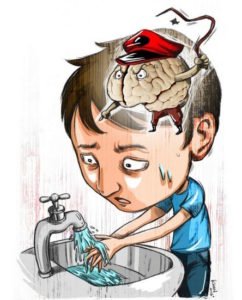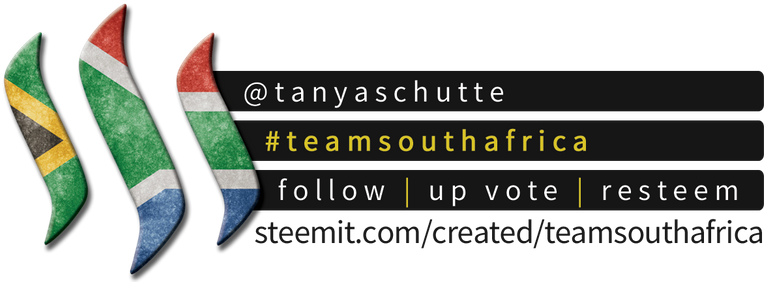Image by Kid Matters Counselling
Children with special needs #6 - Obsessive Compulsive Disorder
I know there will be people who will differ from me in opinion here, WHY? might you ask?
Well you see, to a lot of people OCD or Obsessive Compulsive Disorder is an illness and not something that must be taken into consideration within the educational department, but to me:
These people, children, must be looked after and considered because there OCD can limit their ability to learn and to be taught.
So, today I will also be focusing on learners with Obsessive Compulsive Disorder.

What is OCD in children?
Children with OCD has worries and negative thoughts just like other children, but these children cannot stop these disturbing thoughts, the images they see and the urges they experience. NO MATTER WHAT THEY TRY. This in return lets them behave in a certain way like washing their hands constantly, arranging their clothes in a specific way (They will know if just a tiny little piece is out of order) etc.

Symptoms
Just like in the name of the disorder these children experience obsessions and compulsions. Obsessions are repetitive thoughts or images where compulsions represent the ritual behaviors that they repeat again and again.
1. Examples of obsessive thoughts
- Excessive preoccupation with germs
- Expresses repeated doubts. (Like did I lock the door)
- Thoughts about a parent getting hurt.
- Disturbing thoughts that do not align with personal religious training.
- Unreasonable attention to detail.
- Excessive worrying about something bad happening.
- Aggressive thoughts and urges.
2. Examples of compulsive behaviors.
- Excessive hand washing

*Checking and rechecking things they did.

*Following self-imposes rules rigorously. Eg. Arranging things in a certain manner.4
*Excessive counting and recounting.

*Preoccupation with sequencing or grouping objects - Repeatedly/excessively asking the same question.
*Repeating words spoken by others or by self.
*Repeating sounds/words/numbers or music to self.
IMPORTANT: The signs of OCD in children can look similar to ADHD, autism and Tourette syndrome.
How is OCD in children treated?
A complete psychological assessment by a psychologist must be done before a proper course of treatment is discussed. Treatment usually consists of medication along with behavioral treatment. This usually goes along with family therapy to assist the rest of the family to help the child "recover".
Helping children with OCD in the class. (It all depends on their varied symptoms.)
- Let the child sit as far away from the door as possible, to create a calm environment.
- Assign additional time for tests and exam papers.
- Provide laptops for writing.
- Test these learners separately.
- Skip reading out loud to them.
- Let them listen to books.
- Break homework into smaller pieces.
Never forget about these learners, when they are involved in activities, and in a manner that they feel safe, then they will learn!
Interesting video resources:
Sources

Created by Giphy

Team South Africa banner designed by @bearone
Your post was resteemed by @resteemza
Please upvote this reply to help us grow
100SP 200SP 300SP 400SP 500SP 750SP 1000SP 2000SP 3000SP 4000SP 5000SP 10,000SP 25,000SP
That eBook really is on the cards.Excellent information again @tanyaschutte!
Thank you @lizelle. Will consider it.